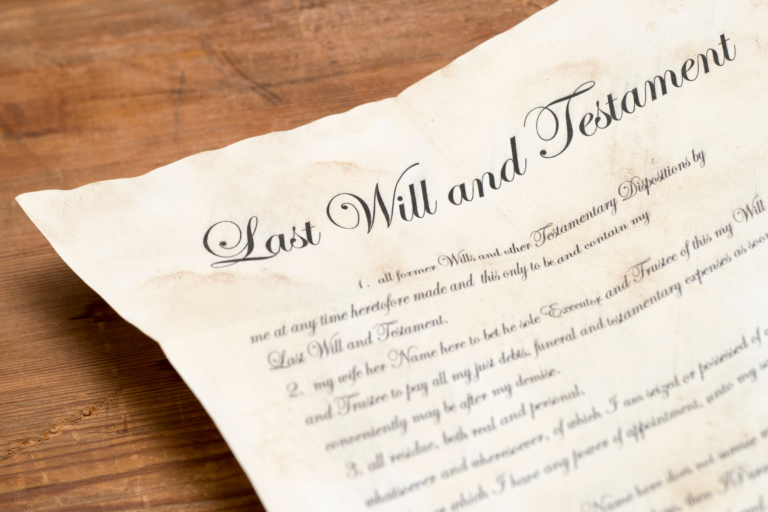When someone passes away, the deceased person’s estate must undergo a court-supervised process called probate. During probate, the court will ensure the validity of the decedent’s will and guarantee a fair and correct distribution of the assets within the estate.
Accordingly, assets that are not set up to automatically transfer to one or multiple beneficiaries using estate planning tolls will probably be subject to probate. In this article, you will find out the list of probate-exempt assets in Florida.
What Assets Are Exempt from Probate in Florida? – In Detail
According to Florida Statutes §732.402 (1), if a deceased Florida resident was domiciled within the state at the time of death, the decedent’s surviving spouse or children (if there is no surviving spouse) are entitled to a share of the estate.
Specifically, this share is designated as “exempt property,” referring to the fact that such assets are not subject to probate upon the owner’s death. Accordingly, Florida Statutes §732.402 (2) provides that “exempt property shall consist of:
- Household furniture, furnishings, and appliances in the decedent’s usual place of abode up to a net value of $20,000 as of the date of death
- Two motor vehicles (as defined in Fla. Stat. 316.003), which do not, individually as to either such motor vehicle, have a gross vehicle weight in excess of 15,000 pounds, held in the decedent’s name and regularly used by the decedent or members of the decedent’s immediate family as their personal motor vehicles
- All qualified tuition programs authorized by section 529 of the Internal Revenue Code of 1986″
Plus, exempted property includes all benefits paid pursuant to Fla. Stat. §112.1915, which provides about death benefits regarding public teachers and school administrators.
Florida Statutes §732.402 (4) adds that “exempt property shall be in addition to protected homestead, statutory entitlements, and property passing under the decedent’s will or by intestate succession.”
Nonetheless, every rule has its exception – which is not different with probate-exempt assets in Florida. If the exempt property is left to an individual through a last will but that individual would not normally have been exempt to the property, the property automatically becomes non-exempt.
Is There a Way to Exempt Assets from Probate in Florida?
Indeed, there are several legal tools in place that permit one to build a strategy to save as many assets as possible from probate. In Florida, non-probate assets include:
- Real property owned in joint tenancy or tenancy by the entirety
- Any property transferred into a trust
- Retirement accounts
- Bank/brokerage accounts under joint tenancy
- Bank/brokerage accounts with payable-on-death and transfer-on-death beneficiaries
- Life insurance or brokerage-related accounts with beneficiaries that are not the decedent
It is fundamental to understand that if the decedent has designated specific beneficiaries to receive a certain asset upon his/her death, that asset is exempt from probate – unless the decedent has listed the estate in its entirety as a beneficiary.
Another common concern regarding probate is whether homestead property is exempt. In short, the answer may vary according to each case’s circumstances, such as whether the decedent was married when the property was acquired or left minor children upon death.
Ideally, the best approach is to get legal advice to ensure a homestead property is automatically transferred to a designated beneficiary, either using a revocable trust, joint ownership with rights of survivorship, tenancy by the entirety, or other legal strategies.
Immediately Contact Your Florida Probate Lawyer
Whether you are interested in turning probate assets into non-probate assets or going through probate, you surely need proper legal advice. Waste no time with uncertainty – call Attorneys Romy B. Jurado and Diana C. Collazos today at (305) 921-0976 or email [email protected] to schedule a consultation.






